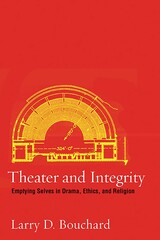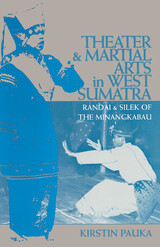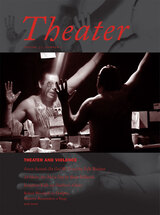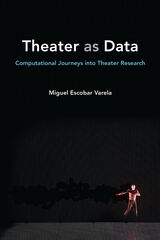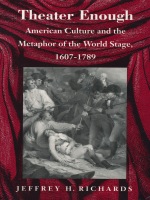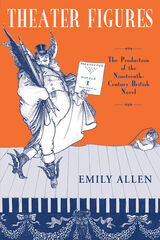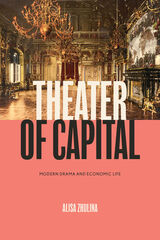The Institutional Power of Chosŏn Korea's Queen Dowagers
Arc Humanities Press, 2024
eISBN: 978-1-80270-200-2 | Cloth: 978-1-80270-036-7
See other books on: Asia | Korea | Political Science | Women | Women in Politics
See other titles from Arc Humanities Press
eISBN: 978-1-80270-200-2 | Cloth: 978-1-80270-036-7
See other books on: Asia | Korea | Political Science | Women | Women in Politics
See other titles from Arc Humanities Press

